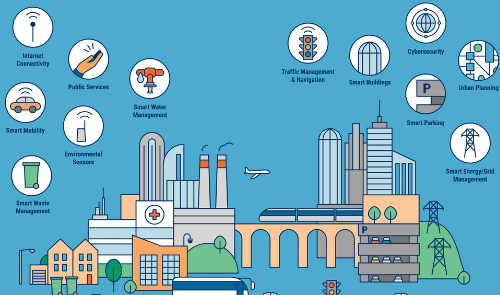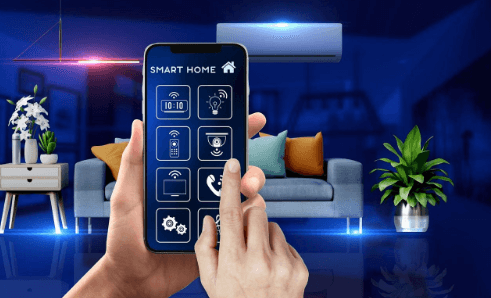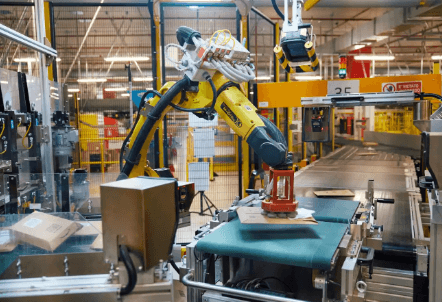How Smart Cities Are Changing the Urban Experience
Smart cities integrate advanced technologies to transform urban living, impacting transportation, safety, sustainability, and community engagement. These innovations aim to improve efficiency, security, and quality of life while addressing urban challenges. As infrastructure evolves, questions arise about their long-term social and environmental implications. Exploring how these changes reshape daily experiences reveals both opportunities and complexities that merit closer examination.
Revolutionizing Transportation and Mobility
How are emerging technological advancements transforming urban transportation systems? Autonomous vehicles and smart traffic management optimize mobility by reducing congestion and enhancing efficiency. These innovations empower individuals with greater freedom to navigate cities seamlessly.
They foster an environment where urban transit becomes more responsive, interconnected, and adaptable, shaping a future where transportation aligns with the desire for autonomous movement.
Enhancing Public Safety and Security
Emerging technological advancements are significantly transforming urban safety and security frameworks by enabling real-time monitoring, rapid response, and data-driven decision-making.
Enhanced surveillance systems facilitate early threat detection, while integrated emergency response protocols streamline crisis management.
These innovations empower residents with increased freedom by creating safer environments, minimizing risks, and ensuring swift action without compromising individual autonomy.
Promoting Sustainability and Resource Efficiency
What role do technological innovations play in advancing sustainability and resource efficiency within urban environments? They enable precise energy conservation and targeted waste reduction through smart grids, sensor networks, and data analytics.
These tools optimize resource use, empower autonomous decision-making, and facilitate sustainable urban growth, offering residents greater freedom to live in environmentally responsible yet flexible, adaptive cityscapes.
Fostering Community Engagement and Quality of Life
Technological innovations significantly contribute to fostering community engagement and enhancing quality of life in urban environments by providing platforms for participatory governance, social connectivity, and personalized services.
Digital governance enables transparent decision-making, while smart community spaces facilitate inclusive interactions.
These tools empower residents with freedom to shape their environment, promoting vibrant, resilient urban communities rooted in active participation and shared ownership.
See also: How Robotics Are Changing the Future of Healthcare
Conclusion
Smart cities act as intricate tapestries woven with threads of innovation, where technology seamlessly interlaces daily life. They transform urban landscapes into dynamic ecosystems, akin to living organisms that adapt and evolve. By optimizing transportation, safety, and sustainability, these urban entities create a resilient, vibrant fabric of community and efficiency. Ultimately, smart cities serve as the blueprint for a future where technological symphony harmonizes with human aspiration, sculpting environments that are both intelligent and profoundly human-centric.






